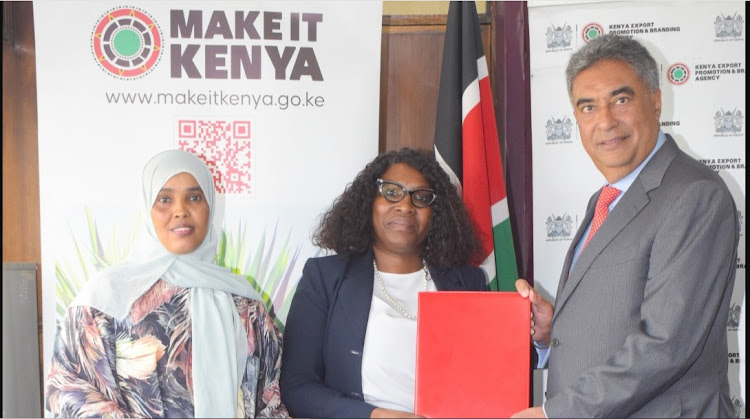Kenya’s export industry plays a significant role in the country’s economy, with agriculture leading the sector. Products like coffee, tea, animal fats, iron, steel, salt, and cement dominate Kenya’s export market. The demand for Kenyan products continues to grow internationally, making the export business a lucrative opportunity for entrepreneurs. However, starting an export business involves following specific procedures to ensure compliance with government regulations. This guide will take you through the key steps to register an export business in Kenya.
1. Register Your Business
The first step to starting an export business is to register your company. Business registration in Kenya is conducted via the eCitizen portal. Here’s how to go about it:
- Log in to eCitizen and choose the Business Registration Service.
- Complete the necessary steps to register your company and obtain a Certificate of Incorporation.
- After incorporation, register for essential government services like PIN with Kenya Revenue Authority (KRA), National Social Security Fund (NSSF), and National Hospital Insurance Fund (NHIF).
- Lastly, apply for a business permit from the respective county government where your business will operate.
2. Open a Bank Account Under the Business Name
Once your business is legally registered, you’ll need to open a bank account under the business name. This account will be crucial for handling payments from international buyers and managing your business finances. You can choose any bank in Kenya, as long as it provides suitable services for international transactions.
3. Obtain Product-Specific Registrations, Licenses, and Certificates
Depending on the nature of your export products, you’ll need to acquire various registrations and licenses. These are necessary to meet regulatory requirements, especially for agricultural products, minerals, and industrial goods. The main licenses fall under four categories:
- Preliminary Registrations: For inspections such as farm or warehouse verifications. This registration typically happens once per entity.
- Licenses: Industry-specific licenses that may need annual renewal.
- Permits: Required before your consignment can be cleared for export. Permits may depend on the type of product being exported.
- Customs Clearance and Border Procedures: Involves documentation for clearance through Kenya’s Customs and Border Control Units at exit points.
Authorities such as the Agriculture and Food Authority (AFA), KRA, and Kenya Bureau of Standards (KEBS) are key regulatory bodies for product-specific licensing.
4. Secure a Sales Contract from a Buyer
Before you can export, you must have a sales contract or agreement with the buyer. This document should clearly define the goods being sold, the payment terms, delivery conditions, and any other relevant details. This contract is vital for customs processing and as proof of the transaction.
5. Work with a Licensed Clearing Agent
Every exporter is required to appoint a licensed customs and clearing agent. The clearing agent assists in navigating customs and border procedures, including the handling of your consignment’s documents, duties, and taxes. These agents are knowledgeable about the rules and processes needed for export clearance.
6. Declare the Consignment
Once all documentation is in place, you need to declare your consignment for export. You’ll need to provide the following documents to the clearing agent:
- Commercial Invoice: A document detailing the goods being sold and their value.
- Certificate of Origin: (If applicable) This certifies the origin of the products, which is often required for preferential trade agreements.
- Permits and Licenses: Any required permits or licenses specific to the consignment.
- PIN Certificate: Company or individual PIN certificate from KRA.
- Purchase Orders or Contracts: Documents showing the terms agreed with the buyer.
- Packing List: A detailed list of items in the consignment.
After the declaration, the Kenya Revenue Authority will process the necessary export documents and issue a Certificate of Export once the consignment has passed through customs.
Starting an export business in Kenya requires careful planning, adherence to regulations, and understanding of the market. Whether you’re exporting agricultural products like coffee and tea or industrial goods such as cement and steel, following these steps ensures that your business is compliant with Kenyan laws and ready to tap into the lucrative international market. With proper preparation and the right support from clearing agents and regulatory bodies, exporting goods from Kenya can be a rewarding venture.
By leveraging Kenya’s strong export infrastructure and maintaining compliance with regulatory standards, businesses can thrive and take advantage of global demand for Kenyan products.





